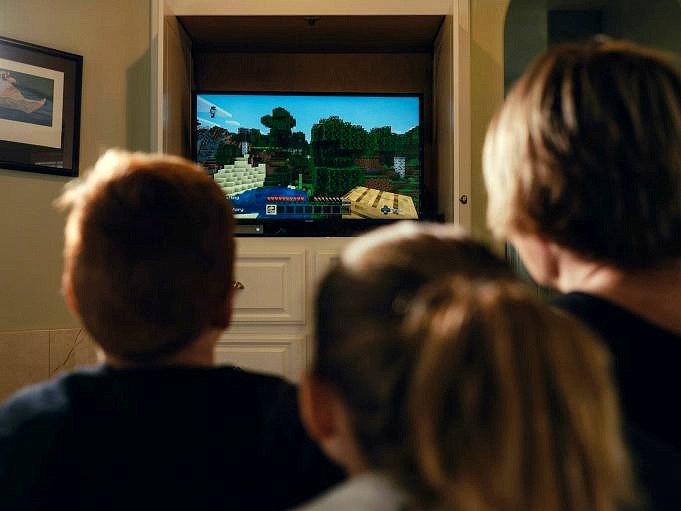New research finds that a growing number of college students are texting while asleep, adversely affecting their slumber.
Villanova University’s research was conducted on the basis of a survey that included 372 students from two universities. Respondents were askedquestions about cell phone usage during the night and their perceived quality of Zzzs. These numbers speak for themselves:More than a quarter of students reported texting in their sleep. A majority of these midnight messengers -72 percent – said they didnt remember doing so, either (can we get an undo-send option?! .
Sleepopolis was told by Dr. Elizabeth Dowdell that the researchers wanted to learn more than who was texting while sleeping. I wanted to know from a health perspective how cell phones affect sleep.
Reports indicate that those who managed to grab their devices during the night reportedlower sleep quality and a higher number of sleep disturbances, suggesting that sleep texting influences poor snooze habits.
Dowdell shared with me that a student told me just 45 minutes ago that she puts her phone under her pillows. This added further anecdotal evidence.
SOS: Were We SMSing While We Snooze?
Our bond to our devices continues to grow stronger. Although texting is a useful way to communicate with friends and family, it has been elevated to a whole new level.Young adults exchange as many as 100 messages per day and spend over four hours in front their screens. Perhaps unsurprisingly, research also showsthat phones are interfering with their slumber.
We see sleep deprivation as a problem for students, especially in terms of memory, function, reaction times, class performance, Dowdell lists, and test performance. We need to teach how to responsibly handle this powerful device.
On average, college students get less than seven hours sleep each night and many report falling asleep in class at least once every three month. In conclusion, insufficient sleep has been repeatedly cited as the main reason why GPAs fall.
The Problem? Phone FOMO
One straightforward way to improve sleep habits and academic performance is to encourage students to ditch their devices. However, this might be easier said than done, as Dowdell postures that college kids dont want to lose sight of their phones for fear of missing out on social activities.
Having your phone in bed isabout being connected, Dowdell explained. What happens if someone misses something? What if someone is going out? Its that being-connected feeling. Why don’t we have landlines? We cant take them with us.
While it might be nearly impossible to pry phones from the hands of these youngsters, we can at least take some measures to improve the situation. While keeping the phone off and away is best, putting it on do not disturb is also useful.
Dowdell said, „I always say this to students, and it’s something I really mean.“You control the technology, the technology doesnt control you. If you cant turn it off or it has to be next to the bed, put it on airplane mode.



